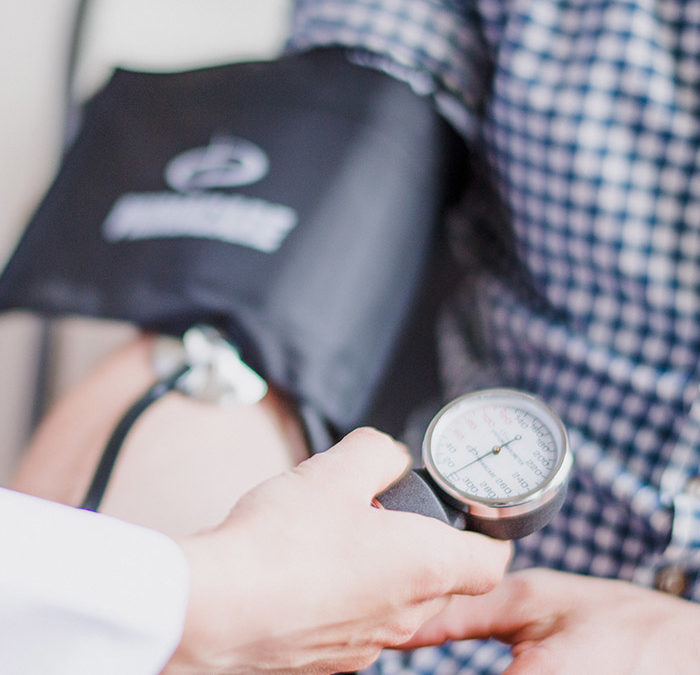Time is precious, and it seems there is never enough time during a clinic visit to cover all the issues and learn all the important information. However, there are guidelines that can help patients and families make the most of that encounter.
First, prepare in advance for the visit. Bring a complete and updated list of all medications including any non-prescription medications. Some non-prescription medications are actually contraindicated for use in certain conditions or with other medications. For example, people with memory disorders should not take products containing diphenhydramine, as it can worsen memory, and it actually works against memory medications such as donepezil. Also, if possible, bring records, lab reports, imaging reports, and be prepared to talk about medical changes since the last visit such as hospital admissions, ER visits, falls, etc.
Second, make a list in advance of concerns, prioritize them, and prepare to discuss the top two or three items, Those items can then get full attention by the provider, and there can always be future visits to help resolve the rest.
Third, bring family members or a partner to share their perspectives and to help remember key instructions. Even the healthiest person can forget important information when anxious about an abnormal sign or symptom. Taking notes during the visit may be helpful also.
Fourth, sharing facts rather than personal conclusions is usually more helpful for the provider. For example, rather than saying “his short-term memory is bad”say, “he asked me four times this morning where we were going, and he forgot the name of his son.”
The next issue is delicate, and often takes some thought in advance. Sometimes, partners/spouses/family members are hesitant to share information in front of their loved one. The provider then has a false picture of the health needs of that patient.
Suppose you are the daughter, now caring for your father, and the roles are switched-someone who once took care of you is declining, and you feel badly sharing information in front of him, or perhaps he becomes more anxious when you bring up certain changes you see. You might make notes in advance of the visit, and slip them to the provider. Another avenue is to schedule a 15-minute telephone conference in advance of the visit to share information. Still another way is to have a short interaction involving the actual patient, and then find a way (often creative) to spend time alone with the provider. These tips can reduce patient anxiety and protect dignity.
In summary, there is no template for an effective clinic visit, but some thought and preparation can make the experience a win-win for all parties involved.
By Cheryl Brandi, DNSc, APRN

